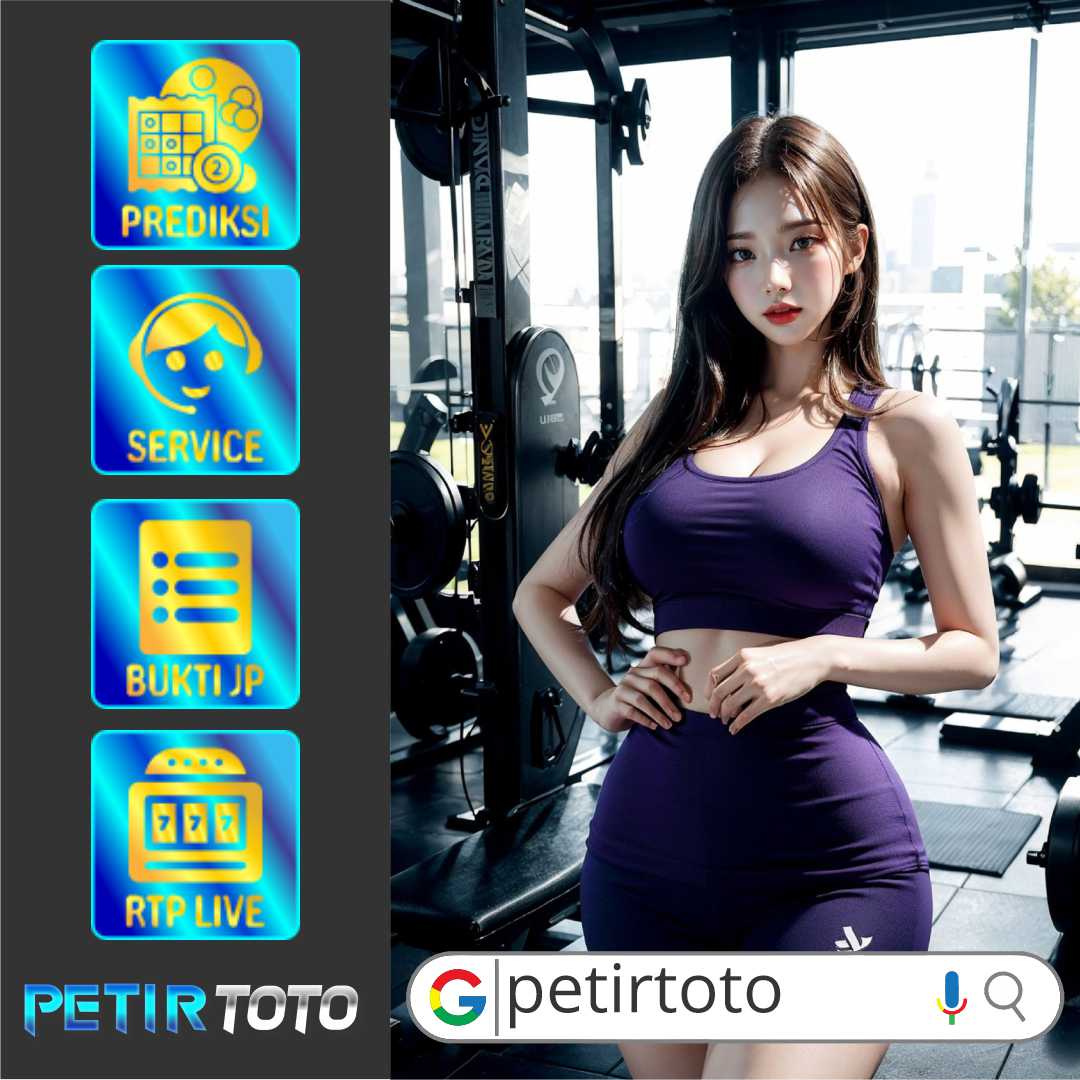BO Togel >> Login Link Alternatif Situs Toto Paling Terpercaya Bet 100 Perak Termurah
BO Togel menawarkan kemudahan bagi para pecinta togel untuk melakukan taruhan dengan link alternatif yang aman dan terpercaya. Dengan hanya menggunakan 100 perak, Anda sudah bisa ikut merasakan sensasi bermain togel di situs toto paling terpercaya. Platform kami dirancang untuk memberikan pengalaman bermain yang nyaman dan mudah diakses bagi semua orang.
Anda dapat melakukan login dengan mudah menggunakan link alternatif yang kami sediakan, sehingga Anda tidak perlu khawatir tentang akses yang terputus. Pastikan untuk selalu mengunjungi situs resmi kami dan ikuti langkah-langkah yang ada untuk bergabung.
Bergabunglah dengan komunitas kami dan nikmati berbagai promo menarik serta peluang menang yang menguntungkan. Stabilitas dan keamanan adalah prioritas utama kami, sehingga Anda bisa bermain dengan tenang. Jadi tunggu apa lagi? Segera login dan mulailah petualangan togel Anda dengan BO Togel hari ini!

